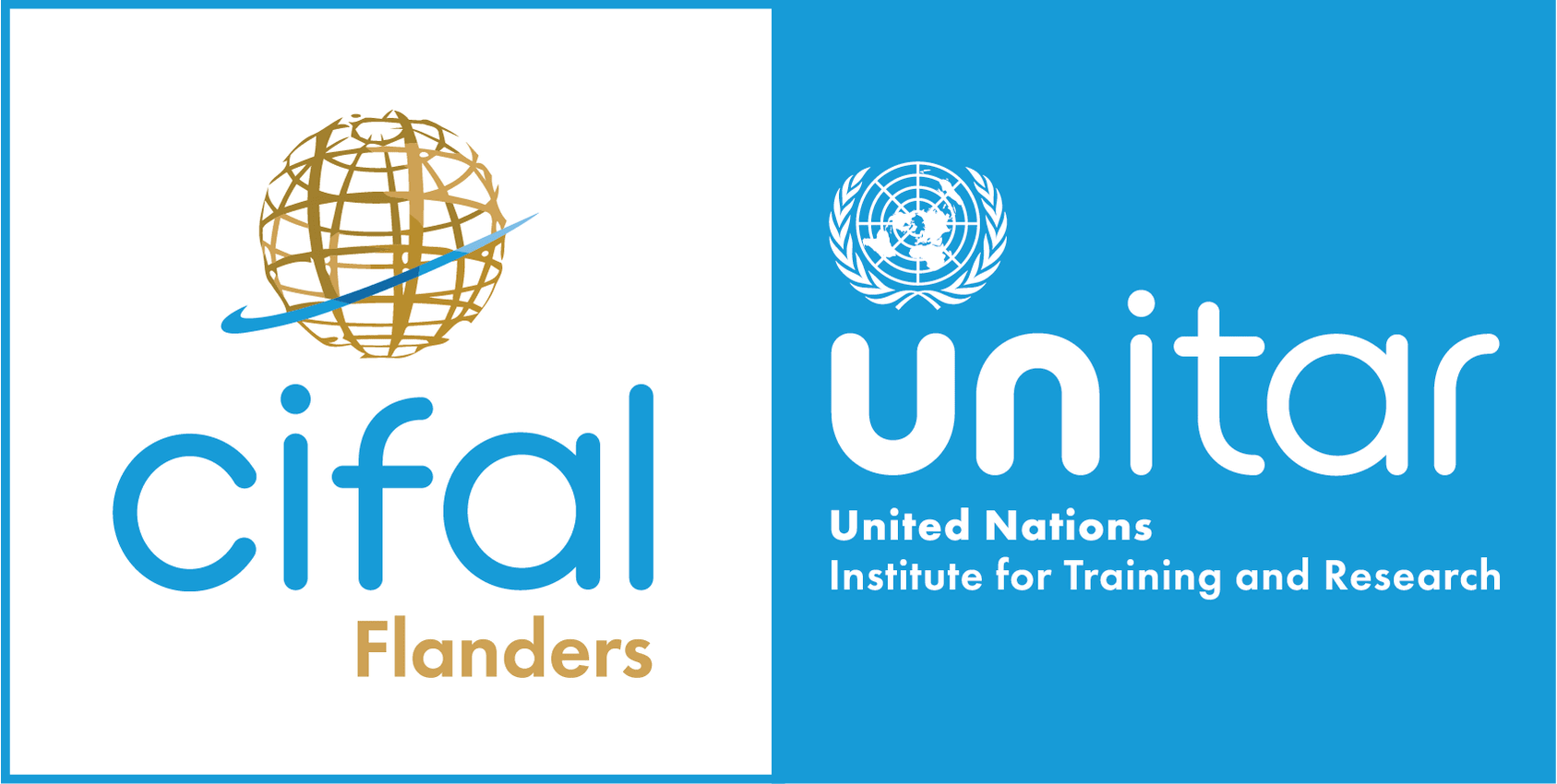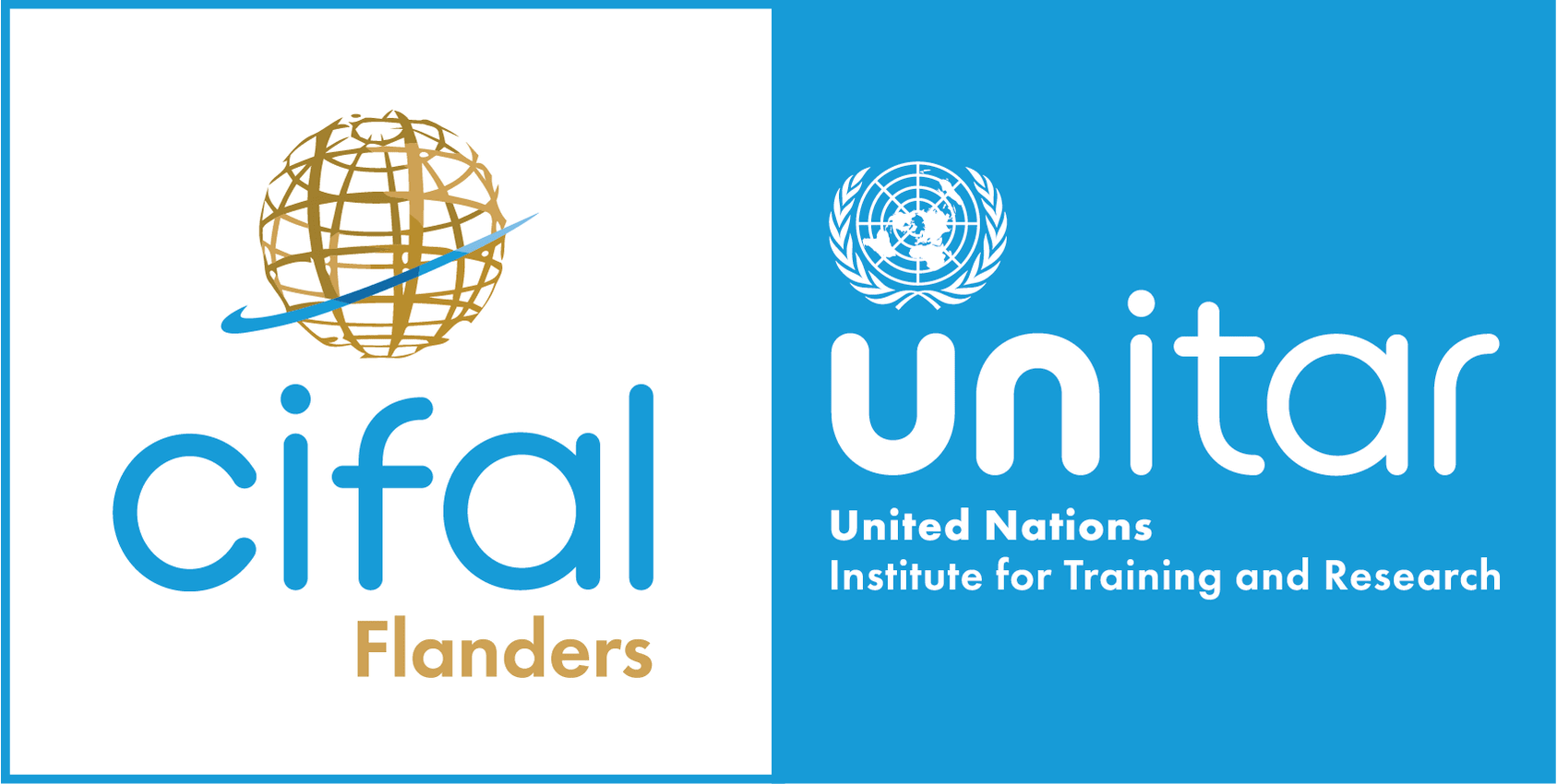The United Nations Security Council voted unanimously on Saturday in favor of a 30-day cease-fire in Syria, and demanded immediate lifting of sieges on war-ravaged east Ghouta, where, earlier this week, Secretary-General Antonio Guterres said some 400,000 people are living “in hell on earth.”
In addition to a 30-day nationwide ceasefire, the resolution demanded weekly aid convoys, medical evacuations and the immediate lifting of sieges, particularly eastern Ghouta.
The resolution affirmed that the cessation of hostilities will not apply to military operations against the so-called Islamic State of Iraq and the Levant (also known as ISIL/Da’esh), Al Qaeda and Al Nusra Front.
Prior to the vote, Swedish Ambassador Olof Skoog, a co-drafter of the resolution along with Kuwait, called it a “resolute and urgent attempt to take action,” saying he counted “on each and every one of you to do the right thing,” adding the humanitarian convoys “are ready to go.”
“Our unanimous adoption of this resolution today, after long and arduous negotiations, reflects the keenness of the authors of the draft resolution, Kuwait and Sweden, to ensure consensus on this, said Ambassador Mansour Al-Otaibi of Kuwait, President of the Security Council, in announcing the results of the vote.
Secretary-General Antonio Guterres issued a statement welcoming the resolution’s adoption, stressing his expectation that “the resolution will be immediately implemented and sustained, particularly to ensure the immediate, safe, unimpeded and sustained delivery of humanitarian aid and services, the evacuation of the critically sick and wounded and the alleviation of the suffering of the Syrian people.”
“The UN stands ready to do its part,” the statement added.
Mr. Guterres reminded all parties of their “absolute obligation under international humanitarian and human rights law to protect civilians and civilian infrastructure at all times.”
“Similarly, efforts to combat terrorism do not supersede these obligations,” concluded the statement.
Original source: https://news.un.org/en/story/2018/02/1003501

